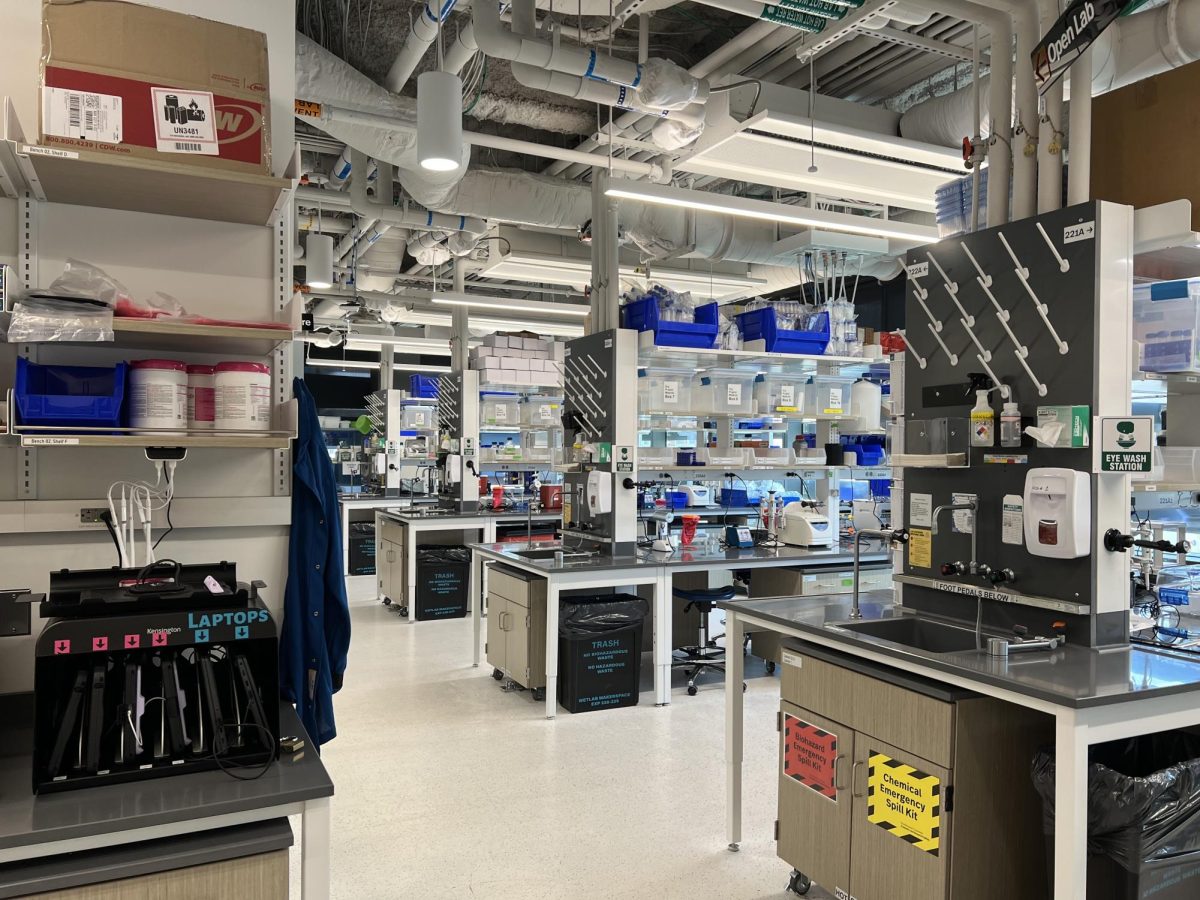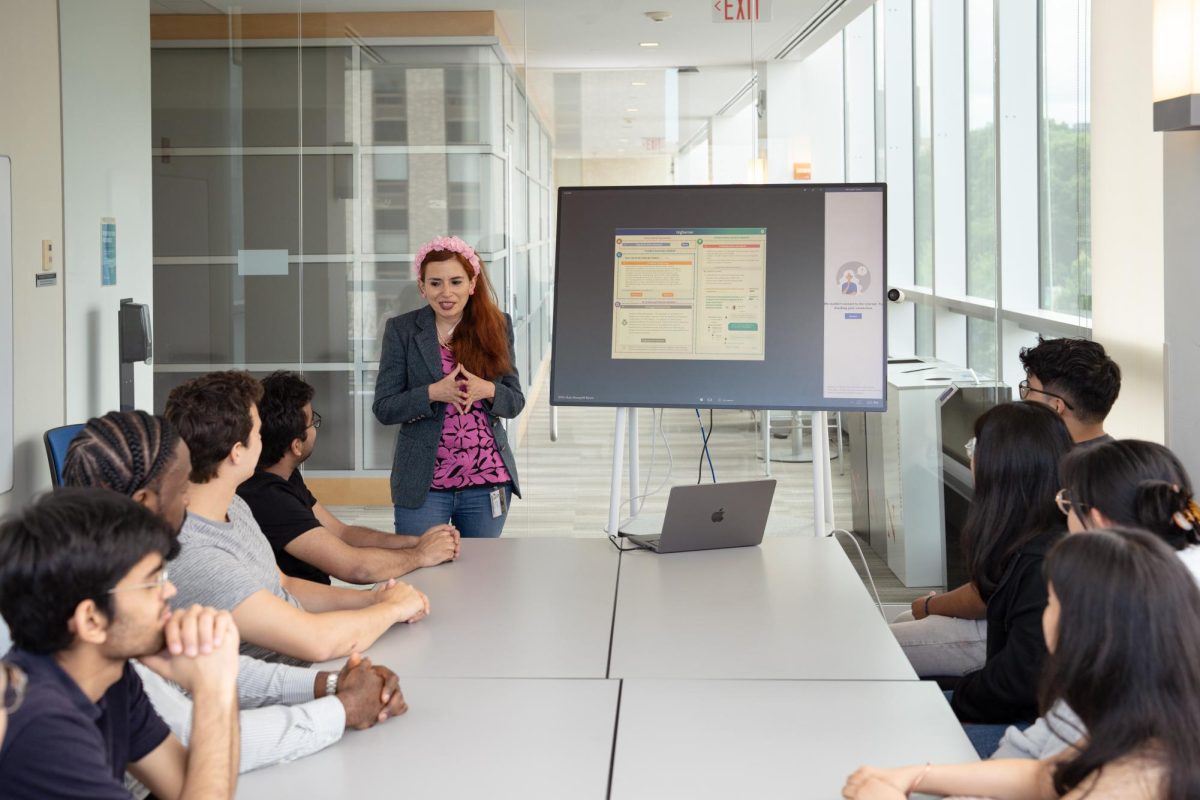By Julia Barnes, news correspondent
Project Heal, a national nonprofit, is working toward funding vital treatment options for patients suffering both emotionally and financially as they seek treatment for eating disorders. Senior journalism major Genevieve Decatur recently founded the Boston chapter of the program, hoping to bring the treatment-funding program’s message of positive change to her local community.
Decatur brought the chapter of Project Heal to Boston in mid-February and plans to launch the new sector in the coming weeks. She is determined to spread Project Heal’s message of hope to the Northeastern’s campus.
“We really serve as a testament that full recovery from an eating disorder is possible,” Decatur said.
Founded in 2008 by Liana Rosenman and Kristina Saffran in New York, Project Heal is a scholarship program that aims to fund inpatient and outpatient treatment for those diagnosed with eating disorders. Rosenman and Saffran thought of the idea for the program while being treated for eating disorders as adolescents.
“There [were] so many people who are more motivated than us that just couldn’t financially afford it, and that really upset us,” Roseman said in the mission video on the group’s website.
So far, Project Heal has managed to give financial aid to more than 20 recipients. It was this progress that caught Decatur’s attention, noting that one month of inpatient treatment can carry a price tag of $30,000.
Decatur, who has suffered from an eating disorder in the past, was inspired by her own experience to become involved.
Last fall, Decatur had to take the semester off to seek treatment for bulimia and anorexia. She and many of the girls she knew struggled to complete their treatment because of insurance complications, noting that oftentimes insurance companies will stop payment for treatments before a patient is fully recovered.
Expert Ana Ramirez believes this stems from societal ignorance of eating disorders. Ramirez is a postdoctoral fellow at the University of California San Diego (UCSD) Eating Disorders Center for Treatment and Research – one of Project Heal’s several grant partners.
“I think our society in general lacks a lot of understanding around eating disorders and how medically compromising and dangerous they can be,” Ramirez said.
Her colleague, Erin Parks, emphasized the seriousness of this issue.
“Eating disorders are the deadliest of all mental illnesses,” Parks, UCSD director of outreach and admissions, said.
According to the National Eating Disorders Association, also a nonprofit, 50 years of research has shown that anorexia nervosa has the highest mortality rate of eating disorders, killing 4 percent of those diagnosed.
The organization also states that females aged 15 to 24 are 12 times more likely to die from the diseases than from other causes of death.
With first-hand knowledge of this struggle, Decatur decided to take action. She has been involved with the National Eating Disorder Association and NEWCOPE – a group on campus that raises awareness about eating disorders and provides support for sufferers.
As founder of the Boston chapter, she will supervise a group of 10 volunteers, manage social media, establish relations with other organizations and plan fundraisers.
One such volunteer is Elizabeth Wheatall, a third-year psychology major and president of NEWCOPE. Wheatall said she is excited to join Decatur’s chapter and promote Project Heal’s message.
“These kinds of projects allow people who would otherwise not be able to afford treatment get the help they need,” she said. “[They] also decrease stigma through awareness and [promote] healthy image and body positivity.”
Photo by Scotty Schenck









